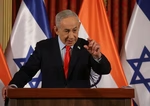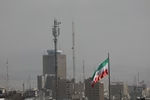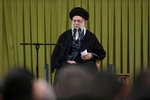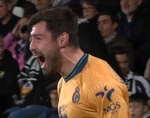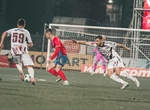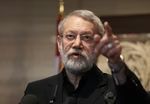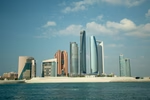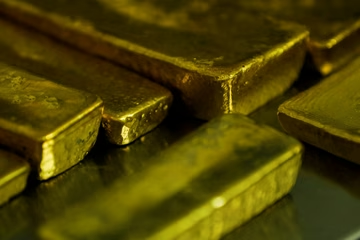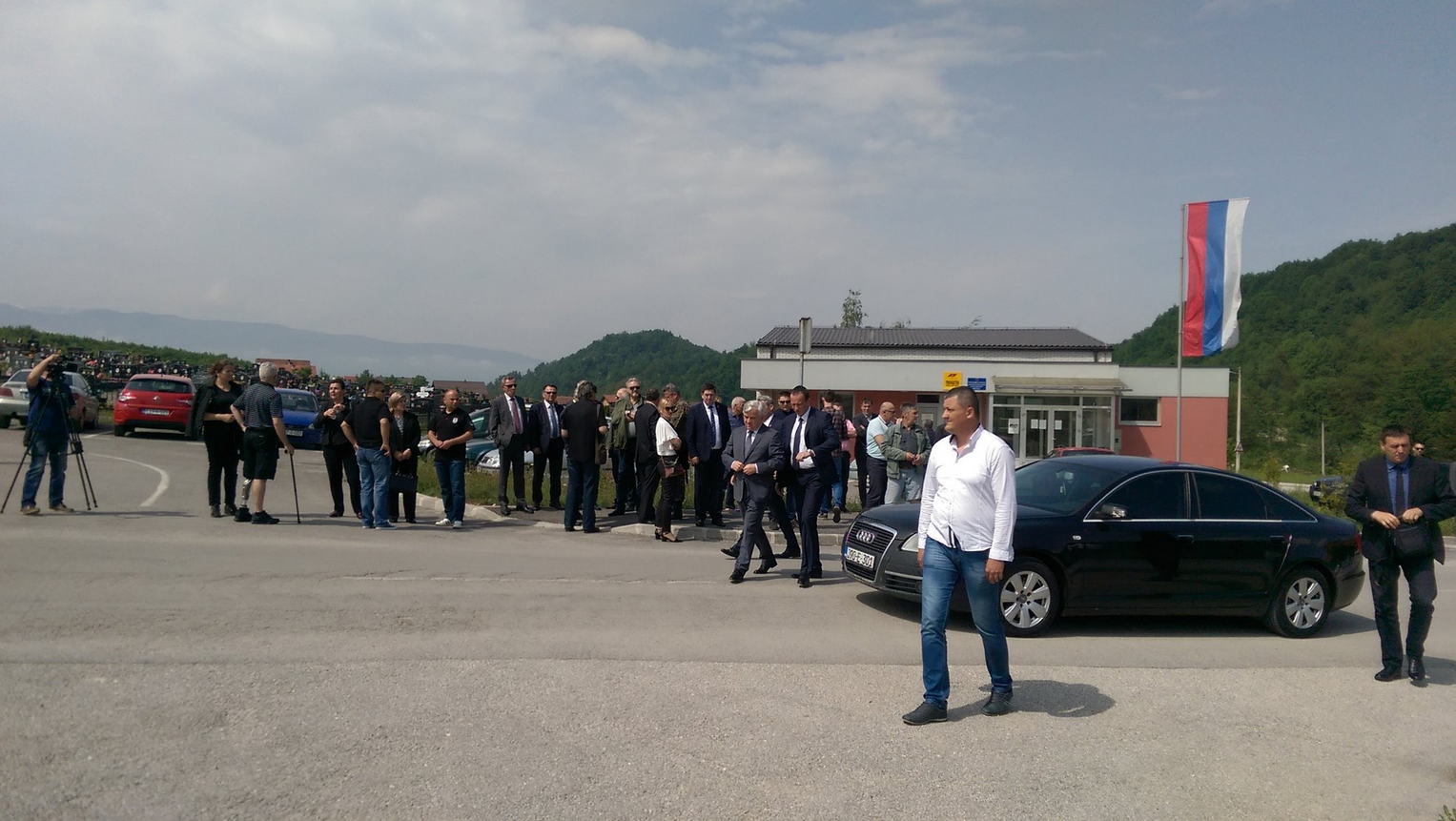
Sarajevo and its nearby suburb of Miljevici have marked two separate anniversaries on Thursday, both in memory of victims of the events that took place in Sarajevo on May 2 and 3, 1992, during the 1992-95 war. However, due to differing interpretations of the events, the two anniversaries were held at separate locations for the last two years.
The controversy of the events refers to the pulling out of Yugoslav People’s Army (JNA) soldiers, who had been stationed in Sarajevo barracks, and generally to the developments from the beginning of May the same year, soon after the siege of the city began.
A convoy of some 30 vehicles carrying JNA soldiers was supposed to leave Sarajevo on May 3, 1992. Their departure was previously agreed in exchange for the release of the President of Bosnia and Herzegovina, Alija Izetbegovic, who had been detained earlier by the JNA.
However, as the departing convoy was passing the Dobrovoljacka Street, skirmishes between the JNA and Bosnian Army units occurred, which led to 7 killed and 14 injured, according to the Bosnian Prosecutor's Office.
The Serbian Prosecutor’s Office for War Crimes took the Dobrovoljacka case from the Belgrade Military Court in 1992, which charged 19 Bosnian citizens for the attack on the barracks on May 2 and 3, in which, according to the Belgrade prosecution, 42 JNA members were killed.
The Bosnian Prosecutor's Office had halted the investigation into the Dobrovoljacka Street case in 2012. The former Hague Tribunal which later investigated the event established that the JNA convoy was a legitimate military target and decided not to press any charges.
“It is a devastating fact that the anniversary ceremony cannot be held on the spot where the crime was committed,” said Nenad Vukovic, Mayor of Istocno Sarajevo, a city formed after the 1990s conflict, consisting of parts of the suburban parts of Sarajevo, today part of the Serb-dominated entity Republika Srpska (RS).
Speaking at the commemoration in Miljevici on Thursday, Vukovic stressed that Serbs were “not an aggressor on the city located next to us.”
Head of the RS Association of Veterans Milomir Savcic said on the same occasion that every people should be able to mark the suffering on the sites where it happened. He assessed as “absurd and offensive” the allegations about JNA soldiers trying to occupy the city of Sarajevo and the building of Bosnian Presidency on May 2 and 3.
Ethnic Serbs were marking the anniversary in Miljevici for the second time this year after they assessed the security situation to mark the anniversary in Sarajevo “was not adequate,” according to RS Minister for Veteran Issue Milenko Savanovic. Speaking at a press conference in April last year, he said that they would be commemorating the victims in Miljevici only, to avoid possible provocations.
A few hours before the Miljevici commemoration on Thursday, Bosnian Army's war veterans gathered at Sarajevo's Drvenija Bridge, located in the former Dobrovoljacka Street, to lay wreaths in memory of their fallen comrades killed on this day in 1992.
Head of the Association of War Veterans Green Berets Vahid Alic deemed this date was crucial in defence of Sarajevo and Bosnia. According to him, this was the date when JNA “took the side of aggressor” and when it “conducted a fierce attack on crucial institutions of Sarajevo and Bosnia, the building of (Bosnia’s) Presidency, with an aim of carrying out a coup.”
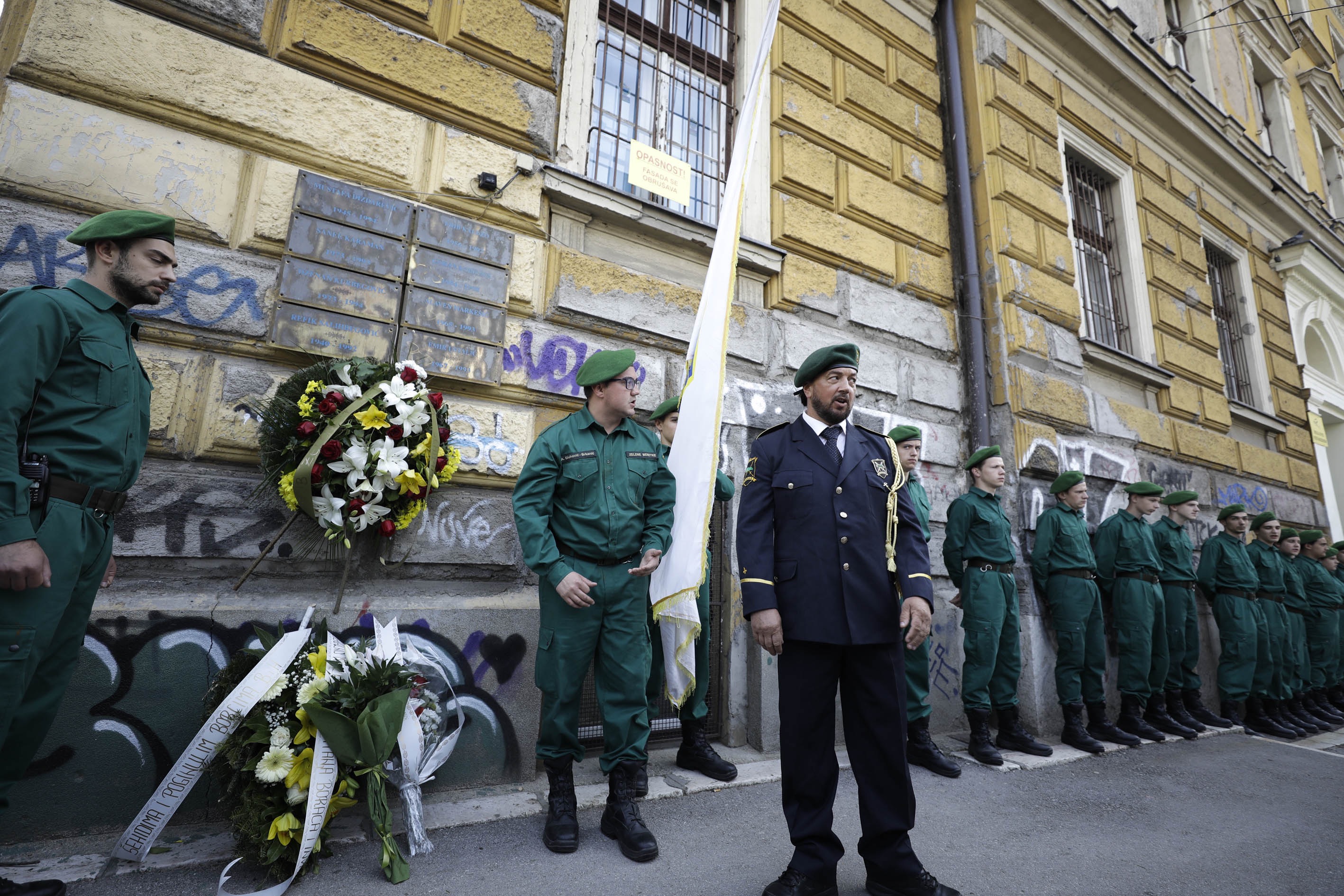
Minister for Veteran Affairs of the Federation of Bosnia and Herzegovina (FBiH) entity, Salko Bukvarevic, attended the ceremony and said that the gathering wa in honour of everyone who fought to defend Sarajevo and Bosnia.
“We all know that an act of aggression was carried out against our homeland. Marking these dates is aimed at conveying a message and our wish to never allow a war, aggression, genocide, suffering of people, killing of children… happen to anyone ever again,” said Bukvarevic.
According to the Sarajevo Canton’s Minister for Veteran Affairs, Muharem Fiso, Bosnian patriots did not allow the city to be destroyed on May 3, 1992.
“We are here today to mark a historic victory of the Bosnian Army, of the Interior Ministry, and of all patriotic forces,” he added.
The Bosnian war, an armed conflict between initially JNA forces and then forces of the RS Army on one side and Bosnian Army on the other side, escalated in early May in Sarajevo, with what Bosnian Army assessed as an attempt of JNA to take over the Presidency building and with detaining of President Izetbegovic.
Kakvo je tvoje mišljenje o ovome?
Učestvuj u diskusiji ili pročitaj komentare





 Srbija
Srbija
 Hrvatska
Hrvatska
 Slovenija
Slovenija











